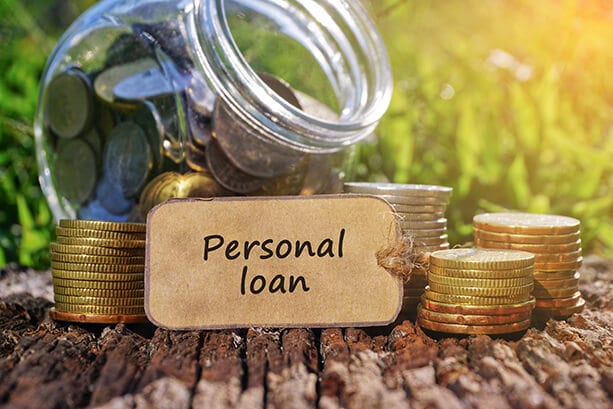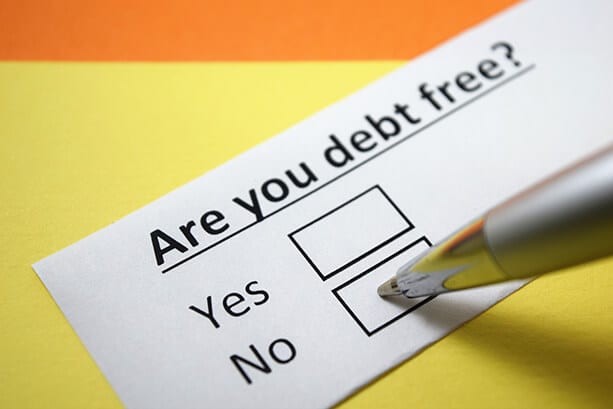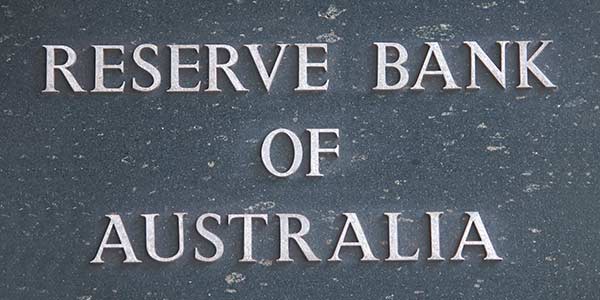Whether you want to go on a holiday, pay for medical bills, buy a new car or renovate your home, a personal loan can help you achieve whatever your goals are. Before you jump right into a fast loan application, it is important to ask the right questions. We’ve mustered up a list of some key questions to ask when applying for a personal loan.
Here are 4 questions for those considering personal loans
Is it the right loan for me?
People use personal loans for various reasons. Before you apply for one, determine whether or not a personal loan is the right loan option. Some of the main uses of a personal loan include;
- Paying off medical bills
- Car repairs
- Home renovations
- Wedding
- Debt consolidation.
Compare loan products and make sure that your choice can serve your needs better. For instance, you could take out a debt consolidation loan instead of a personal loan to pay off your existing debts. If you want to renovate your home, you can tap into your home equity and possibly get a better rate than a personal loan. Research is therefore key.
What is my borrowing capacity?
One of the first questions to ask when applying for a personal loan is how much can you borrow. As with any loan, there is a borrowing capacity for each individual. Whilst personal loans are typically smaller in size, in comparison to a home or business loan, there is still a limit as to how much someone can afford to borrow personally. This limit will depend on various factors including income, expenses, debt, residency status and credit score.
So, before you rush into applying for a personal loan, you should consider establishing a budget. Determine how much you can afford to borrow by looking at your income and expenses. Use this handy online calculator to quickly create a budget plan.
Am I choosing the right lender?
There are many financing sources that offer personal loans and each source has its own range of interest rates, and terms vary. Find the best lender that fits your needs by shopping around.
Here are some tips in finding the right lender:
- Start by asking someone close to you that has recently secured a personal loan. See if they can recommend their financing institution. You can also ask a financial adviser, to give you a shortlist of referrals.
- Visit your lender’s website and investigate their offerings for details. At the Australian Lending Centre, we have loan experts online to tell you about the basic things you need to know about our loan products. We believe that advertising is glittery; so we will help you look beyond the advertisement and find out about eligibility requirements, fees, and other features of our personal loan product. Don’t be afraid to enquire online. We’ll explain to you the best options available, without placing a credit enquiry on your credit file.
Finding the right lender can help you get the most favorable loans to finance your needs. Remember that personal loan lenders not only originate, process, approve and close your loan application but also participate in one of the most important financial decisions you will make.
What are the terms of the loan?
Look into your obligations whenever you apply for a loan. Always read the fine print and ask for a full disclosure of the terms of the loan before you sign it. Don’t forget to ask about the monthly payment, the term of repayment, late fees and penalties for prepayment. When the lender offers lower interest rates, check on the origination fee that can eventually hike your interest rate.
What are the fees associated with a personal loan?
Find a lender that is transparent with their loan services. Make sure to look out for the establishment fee, servicing fee, early exit, early repayment and insurance fees. The last thing that you want is one of these hidden fees appearing in the fine terms of the terms and conditions. Take the time to consider these fees when assessing your personal loan options.
Are there different types of personal loans?
Personal loans can come in two main forms; secured or unsecured. The type of personal loan that you are offered will vary depending on each individuals personal circumstances and eligibility criteria. A secured personal loan is one that is guaranteed by an asset. The idea behind this is that if you default on your loan, the lender can take the asset if you default on the loan. Collateral can include anything from real estate property, motor vehicles or other property. This will vary depending on the lender.
What is my credit score and can it impact my chances of loan approval?
When was the last time you checked your credit score? Do you even know what a credit score is? If your answer to both questions is known, then you really need to quickly learn all about this. With lenders now stricter than ever, your credit score can directly influence your chances of being approved for a loan. Lenders will look at your credit file to assess whether or not you are capable of repaying a personal loan back. With the comprehensive reporting system in place, lenders can also look at your repayment history to see if there are late repayments. All this along with defaults, blackmarks and court judgments can be assessed by a lender.
Checking your credit score is, therefore, one of the most important things to do before you apply for a personal loan. Fortunately, you can access this online through credit reporting bodies such as Equifax, Ilion and Experian. At the same time, you can have a credit specialist assess your credit file for a small fee. Repair agencies such as Clean Credit offer a comprehensive analysis of your credit file.
How often can I make repayments on my personal loan?
One of the more important questions to ask when applying for a personal loan is how often can you make repayments. Depending on the lender, you have various choices of repayments. Whilst traditional lenders such as banks are typically stricter with their repayment policies, alternative lenders are not. Lenders such as Australian Lending Centre and Bad Credit Loans offer customers weekly, fortnightly or monthly repayment terms. So, before you apply consider how you will be making payments. If for example, you are paid on a monthly basis, it may be more convenient to make monthly payments. In this case, find a suitable lender.







